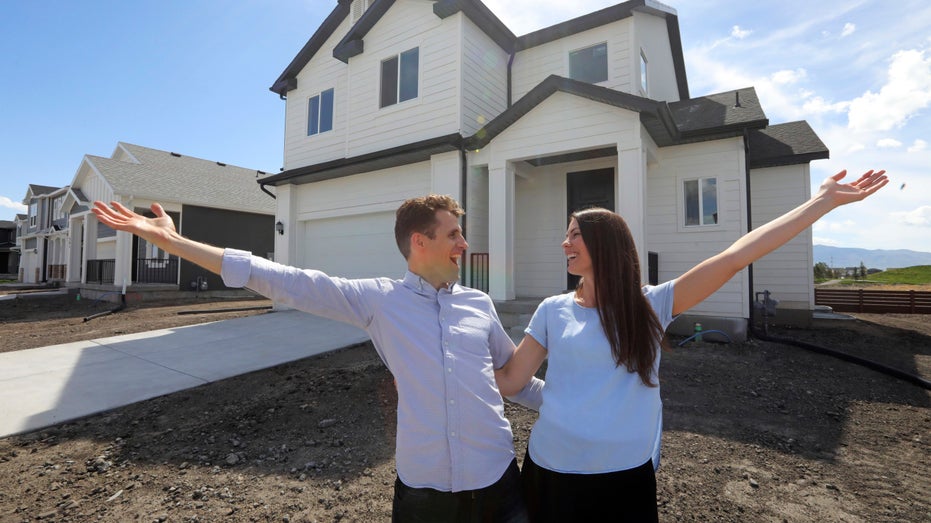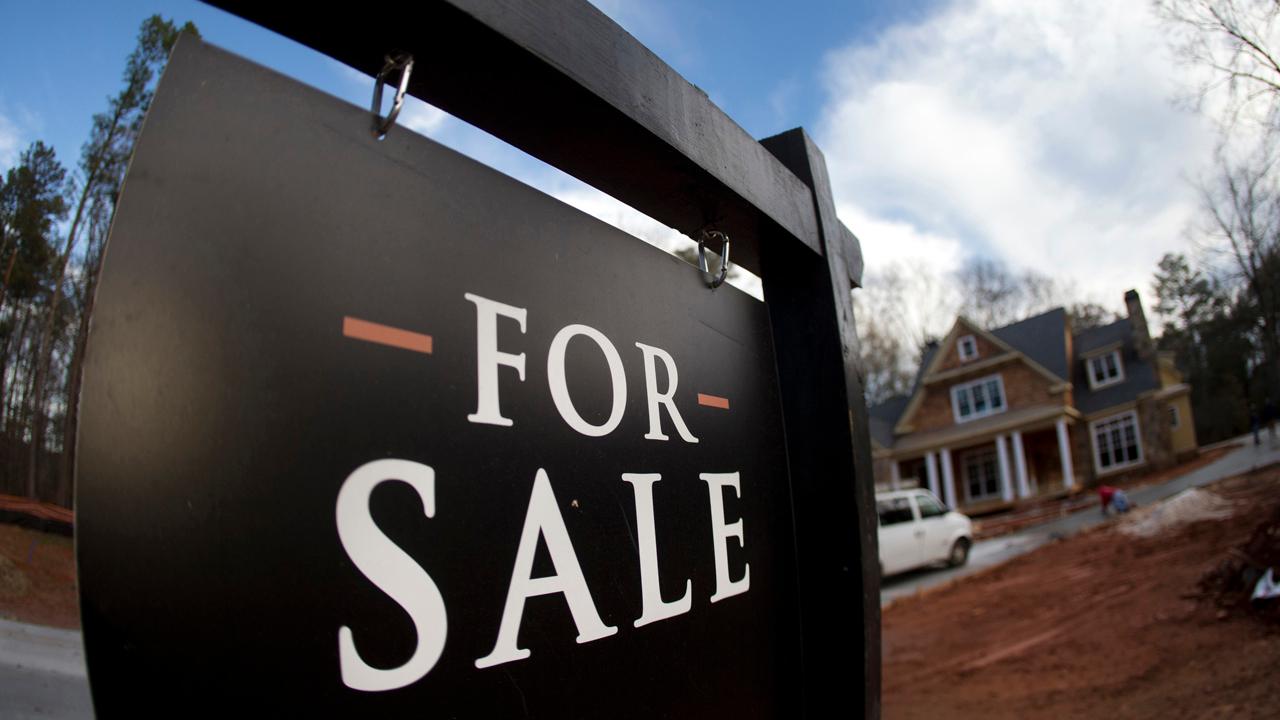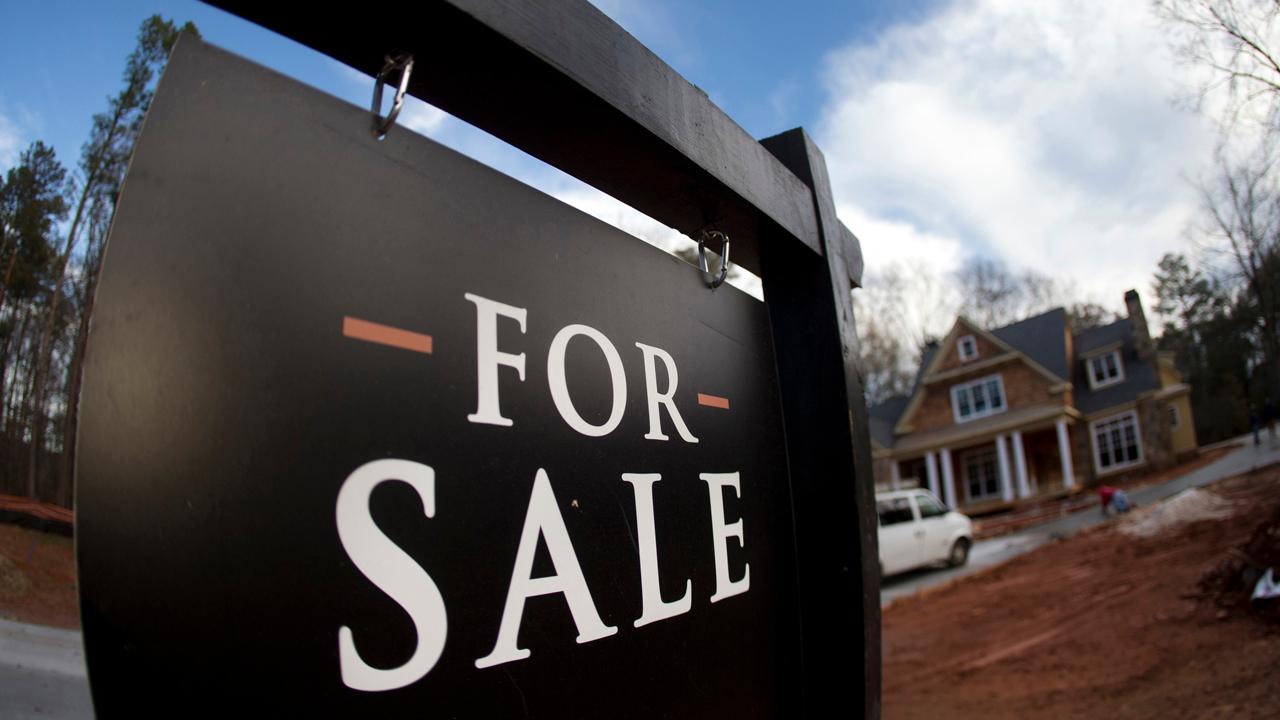First-time homebuyers encounter obstacles as prices rise quicker than incomes, analysis finds
An analysis discovered millennials looking to buy their first home have come across obstacles including the rush to buy homes as house values in the U.S. have rose faster than incomes.
In the seven years since the housing crash ended, home values in more than three-quarters of U.S. metro areas have climbed faster than incomes, according to an Associated Press analysis of real estate industry data provided by CoreLogic.
The gap has forced some first-time homebuyers out of expensive cities and pressured them to buy before they are completely priced out of the market.
The high cost of owning a home has also put pressure on millennials in their late 20s and 30s as they attempt to balance the payments of a mortgage and student loans with their careers.
Buyers have opted out of cities such as San Francisco and Seattle, where home prices have skyrocketed, and opted for residences around cities such as Raleigh, N.C., Salt Lake City and Oklahoma City, a Redfin analysis found. However, the influx has increased housing prices in those communities.
Salt Lake City has especially become the new spot to buy a home due to the influx of tech jobs and its affordability. However, home prices in the greater Salt Lake City area have risen 10.8 percent in the past year, while average incomes have risen only 3.9 percent, according to figures from CoreLogic and the U.S. Bureau of Labor Statistics.
CLICK HERE TO GET THE FOX BUSINESS APP
Nationally, home prices since 2000 have climbed at an annual average rate of 3.8 percent, according to the data firm CoreLogic, while average incomes have grown at an annual rate of 2.7 percent.
Andy and Stacie Proctor told The Associated Press they put a bid on a house in the suburbs of Salt Lake City but were astonished to discover that the home had 13 rival offers. The couple decided at one point not to purchase a home thinking the bubble would burst. However, the two eventually purchased a three-bedroom home in Vineyard, Utah, for $438,000.

Andy and Stacie Proctor stand in front of their home in Vineyard, Utah. (AP)
One of the guiding principles is that homeowners can upgrade or downsize without having to move out of the neighborhood. But that cycle of upgrading might not continue as it did for past generations. Home values need to rise for people to build equity that they can use to buy a new house. Yet if they rise too fast, it will become too expensive for many people to move up.
Parry Harrison, 26, a divorced father of two children, recently sold his first home and bought a townhouse in daybreak, Utah, for $309,000. He told The Associated Press he hoped to upgrade in five years.
The Associated Press contributed to this report.





















